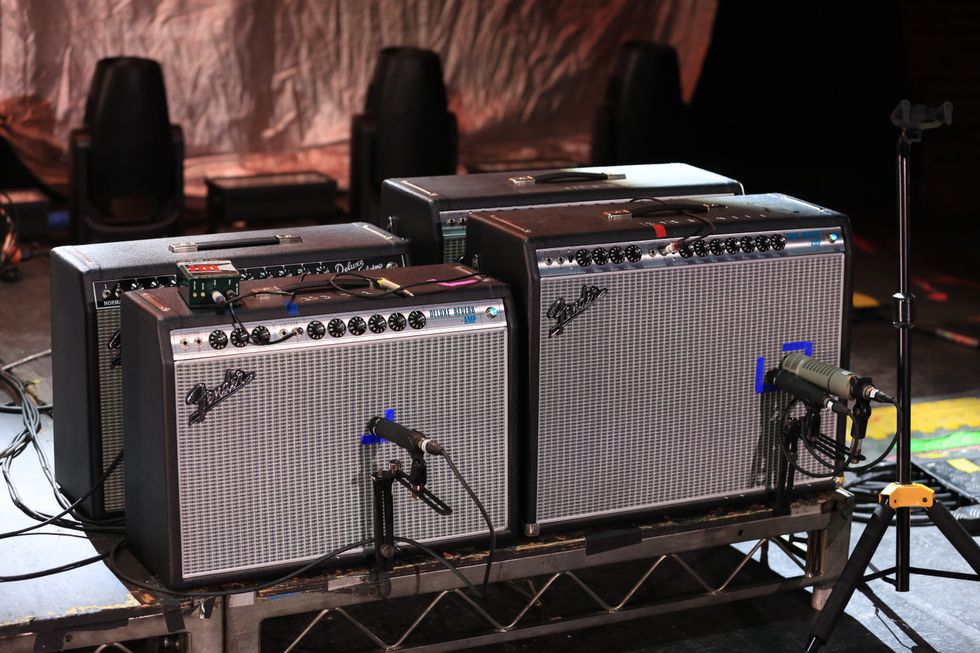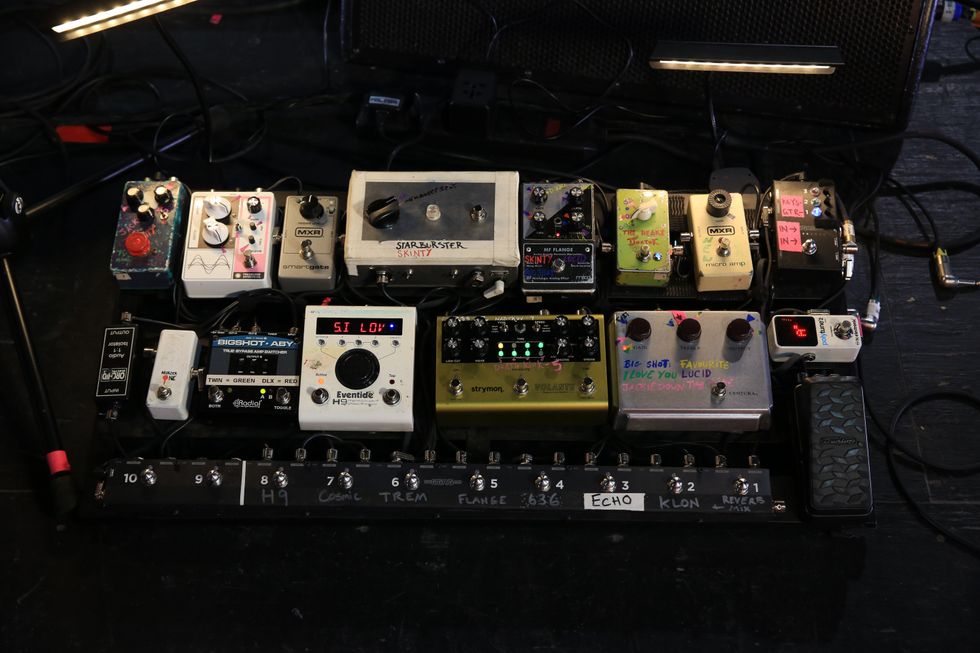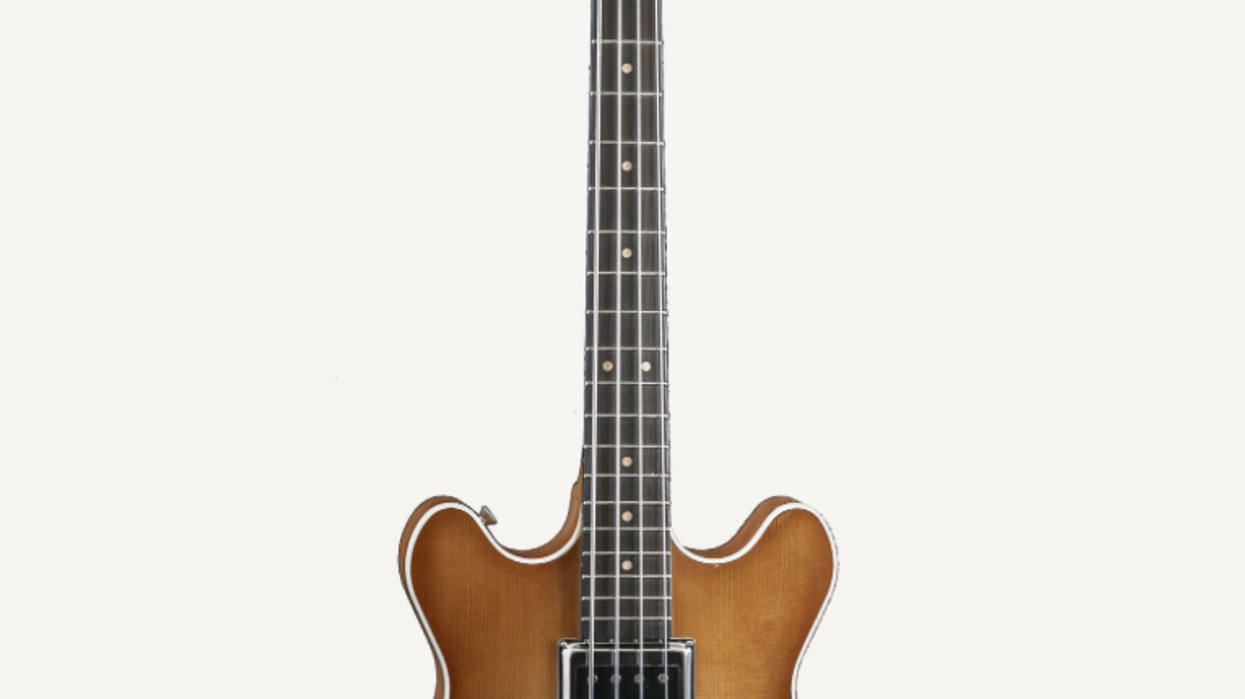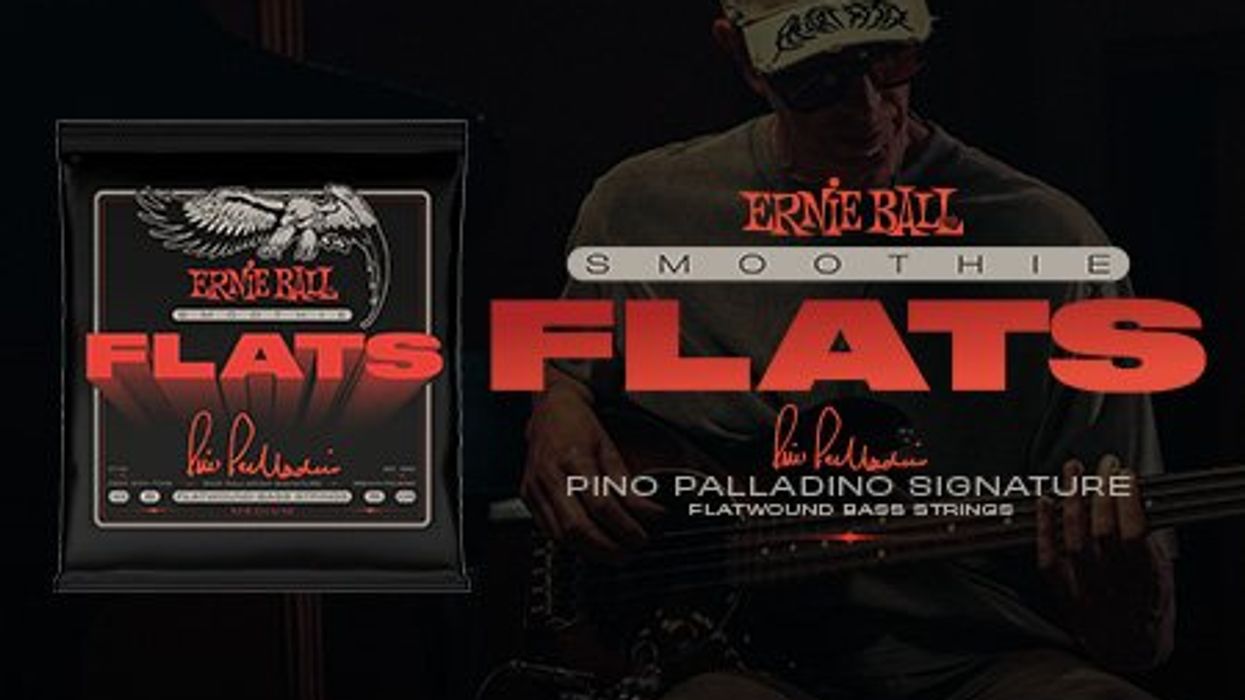Not many people are aware that the Squier Musical Instrument Company was actually purchased by Fender way back in 1965. Fender spent the next several years undergoing internal changes, and the Squier brand wasn’t introduced through Fender to the world until 1982—as an entirely new line of inexpensive alternatives to their higher-priced, USA-made instruments. Since their debut in the early ’80s, Squier’s primary reputation has been that of a provider of guitars and basses for the budding musician. Over the years, the quality of Squier instruments has continued to rise, along with an explosion of new models featuring multitudes of options—such as a wide range of pickups, body styles, and hardware. This is all evident with the recent release of their new Jaguar basses.
Vintage Modified
Squier’s Vintage Modified Jaguar bass is an attractive instrument indeed, with the matching black headstock and white block Perloid fretboard inlays give a nod towards ’70s-era Fender basses. The inlays are perfectly flush with the rosewood fretboard, and show no signs of shrinkage or a poor cut. The 22-fret, 9.5" radius maple neck is comfortable, smooth, and even—with no sharp fret ends sticking out as I ran my hand along the fretboard’s edges.
The Jaguar’s neck is attached to an agathis body, finished in a deep black. Agathis is commonly used on guitars produced in Asia, partly because it’s so abundant in that part of the world. It’s a softwood with tone similar to alder, but with an airier high end and midrange. Agathis can be a decent tonewood, provided that the pieces used are selected from a viable species. It’s a wood that has several different species, with some being light and resonant, and others being denser-sounding and weightier.
The Jag isn’t an extremely heavy instrument, but it did have some noticeable weight to it when I slung it over my shoulder with a strap. It is very balanced though, and stayed put as I moved around a little without my hands on the neck or body.
The body houses two Duncan Designed pickups—a JB102B single-coil and a PB101 split single-coil—in a classic P/J configuration. Controlling the output and tone of each pickup are two stacked concentric knobs, one for bridge pickup and one for the neck pickup. As I turned the top part of each control—which governs the volume of the pickups—they felt a little loose underneath my fingertips. However, the bottom knurl of each knob that alters the tone of the pickups clicks into several notched positions. I can see why a player may want to leave the Tone control set in a perfect, sweet-sounding spot without it being moved accidently. But, without a free sweep the positions are essentially pre-chosen, and I wasn’t sure why Squier would go this direction.
Special SS
The Jaguar Bass Special SS is a similar animal, but with its own unique traits and flair. Most notable is the 30" scale, normally referred to as a short scale. Short scale basses are often marketed towards beginners, but many seasoned players gravitate towards them as well—often for their warmer, softer low end and subdued highs. Plus, they’re easier to play for bassists with smaller hands and shorter fingers, and guitarists who are used to their traditional axes.
Like the other review model, the smooth and well-shaped maple neck on the SS has a 9.5" radius and is capped with a rosewood fretboard. The SS sports dot inlays instead of large block ones, and has 20 frets instead of 22. Just like its counterpart, the fret edges were smooth and filed flush with curvature of the fretboard, which was a great thing to see on such an inexpensive instrument.
This Jag’s agathis body had a striking and modern silver finish with no visible imperfections. Two Squier standard pickups—a split-coil P-bass and single-coil Jazz-bass—are coupled with dual Volume knobs and a single Master Tone control.
Carnivorous Tone
The Jaguar standard bass sounded full and quite balanced as I let loose with some funk rock-inspired fingerpicking through an Ampeg BA115T combo. The feel of the strings was a little tight, but comfortable enough to sit in the pocket of the various riffing that I was digging into.
The most impressive feature of the bass was the interplay between the dual Volume/Tone controls. A huge amount of tones—from modern rock to Motown-inspired R&B—live within the knobs, and I was easily able to dial them in with a quick flick of my picking hand. I found some brittleness to the highs when the bridge pickup volume was set higher than the neck pickup, but once adjusted, I was pleased with the surprisingly warm tone. Background hum and noise were virtually nonexistent, but slight feedback was inevitable when I was standing too close to the Ampeg at a high volume setting. The set-and-forget selectable tone control positions were great for keeping the onboard settings in check, but I would have preferred to have the option to move them anywhere I wished. I felt as if the convenience of the feature actually hindered the versatility of the instrument.
The Jaguar Special SS offered its own smorgasbord of tones that were almost light-years different from the Vintage Modified. The tones were much bassier and looser, but more difficult to keep tight. Changing my fingerpicking attack to a lighter touch helped this a bit, but the loose, low end nature of the short scale bass was something I couldn’t change. The neck pickup sounded full and amazingly fat for a bass in this price range, but the bridge pickup was rather lackluster. Most of the time, I dialed it in just to provide a touch of high end to counteract the neck pickup’s forceful, bassier onslaught. On its own, however, it was hollow in the midrange and did not provide much sustain. All said, the impeccable body construction and powerful neck pickup of the SS are worth the price alone.
The Verdict
Squier’s Vintage Modified Series has proven to be quite popular with beginner and intermediate players, and for good reason. The quality of the instruments has increased substantially in the past few years, and can hold their own onstage and in the studio. The winning streak is continuing with these two price-conscious basses—both offering solid tone and great builds. They probably won’t replace your vintage or newer American Fender, but they’re certainly viable backups and good studio workhorses. In today’s interesting economic climate, this level of quality in their price range is extremely hard to beat.
Buy if...
you need an inexpensive alternative to a pricier US-made Fender, or a solid backup for your trusted steed.
Skip if...
only an instrument made in the US will do, or you need an instrument with the smoothest tones possible.
Rating...
Street Vintage Modified $299.99, Special SS $169.99 - Squier - squierguitars.com |


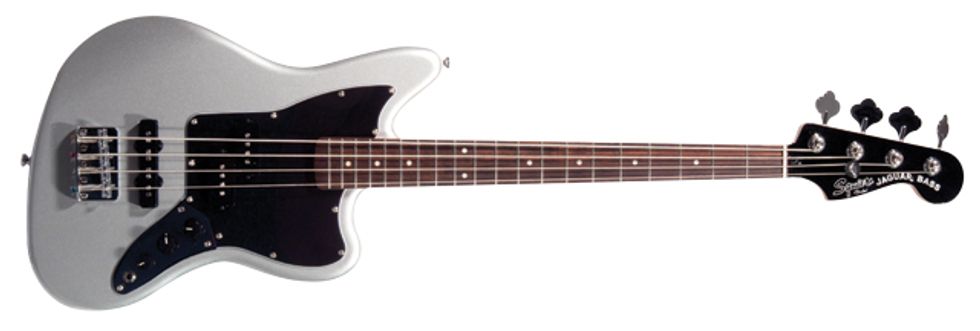
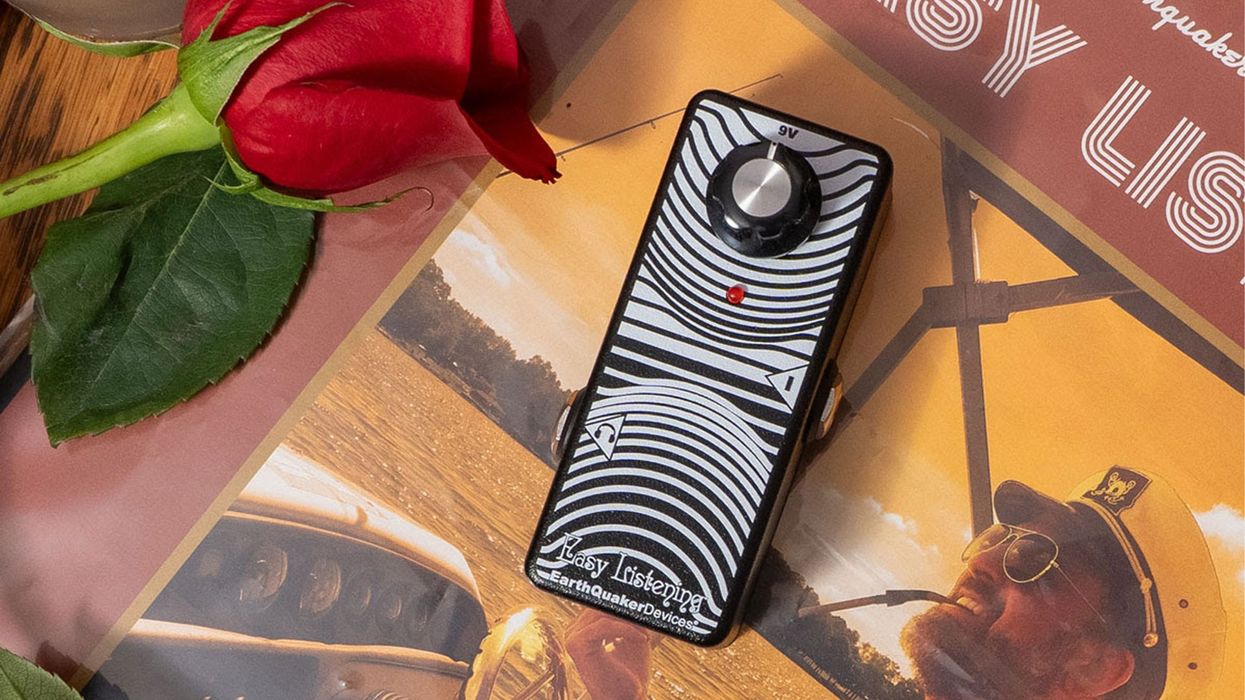
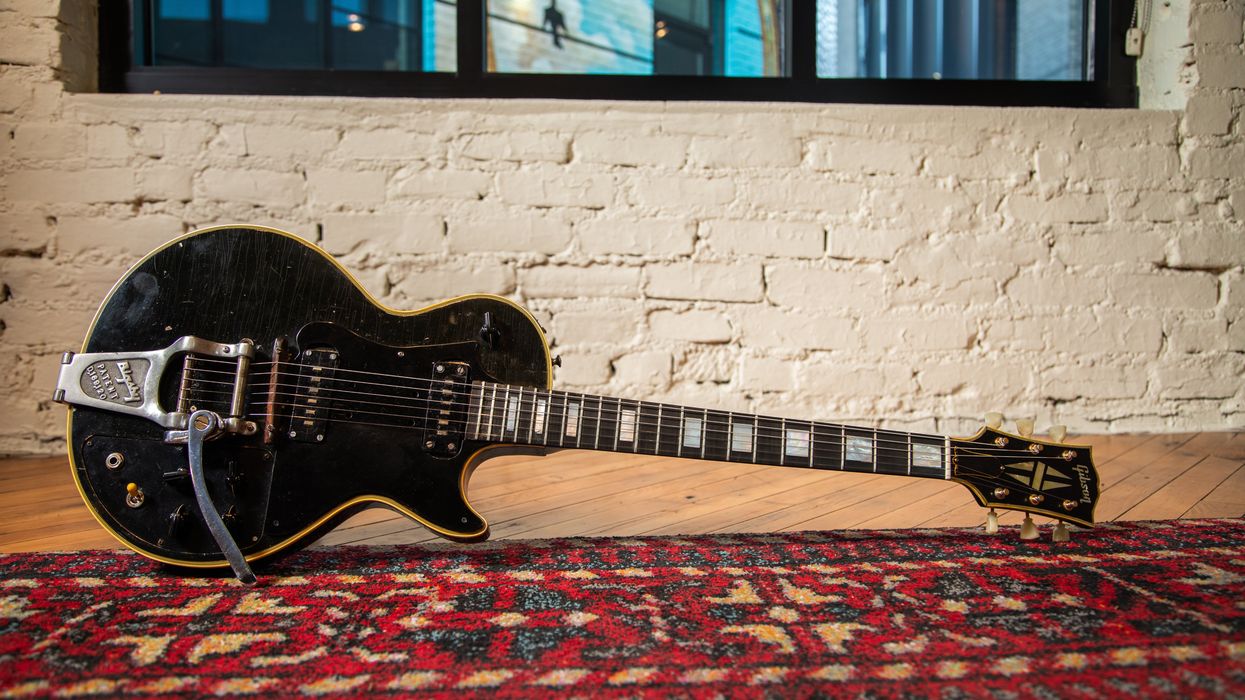
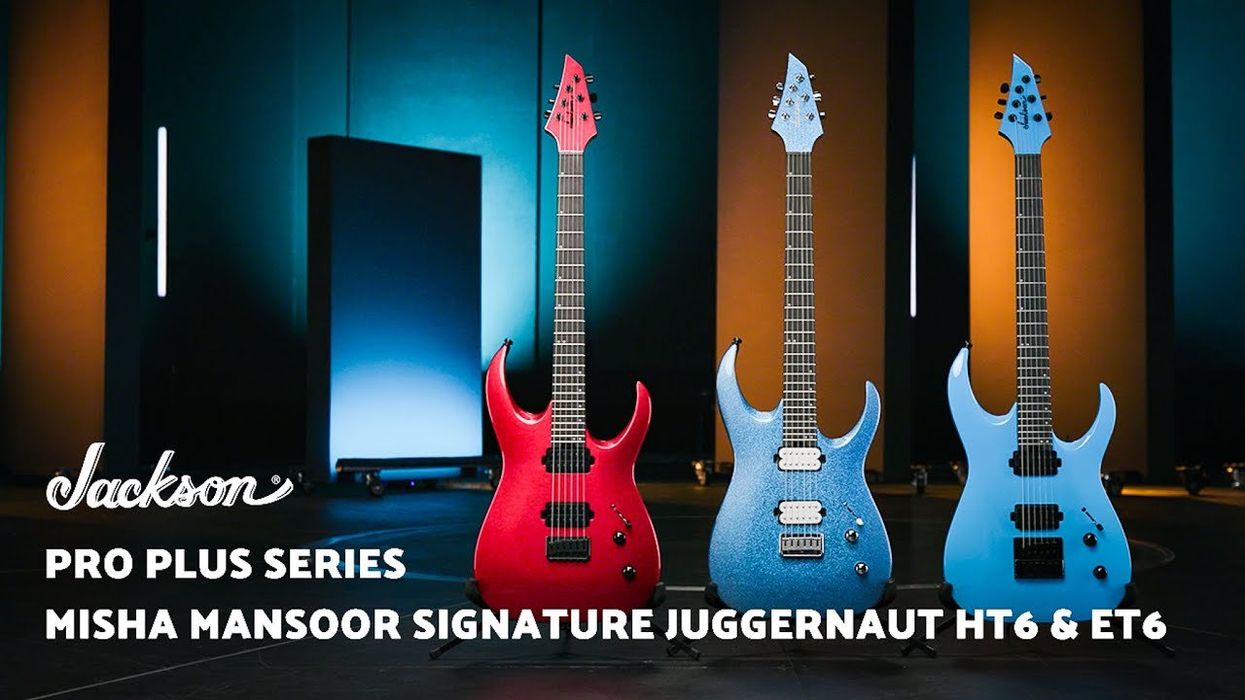
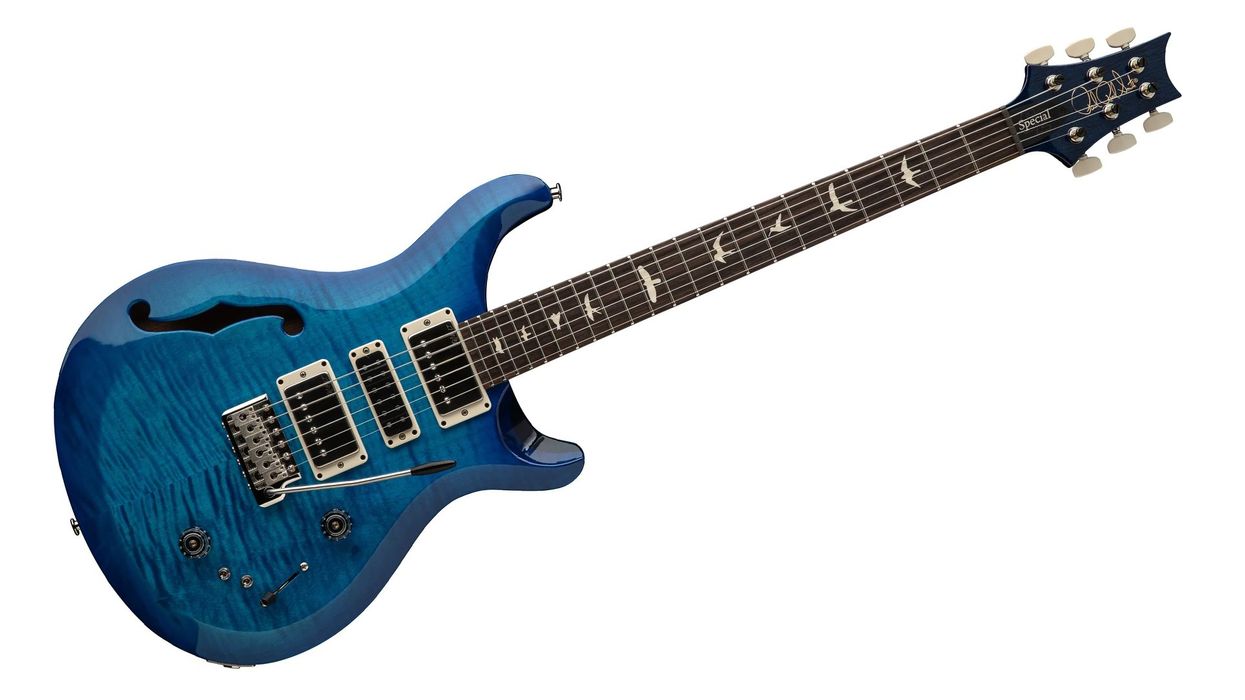
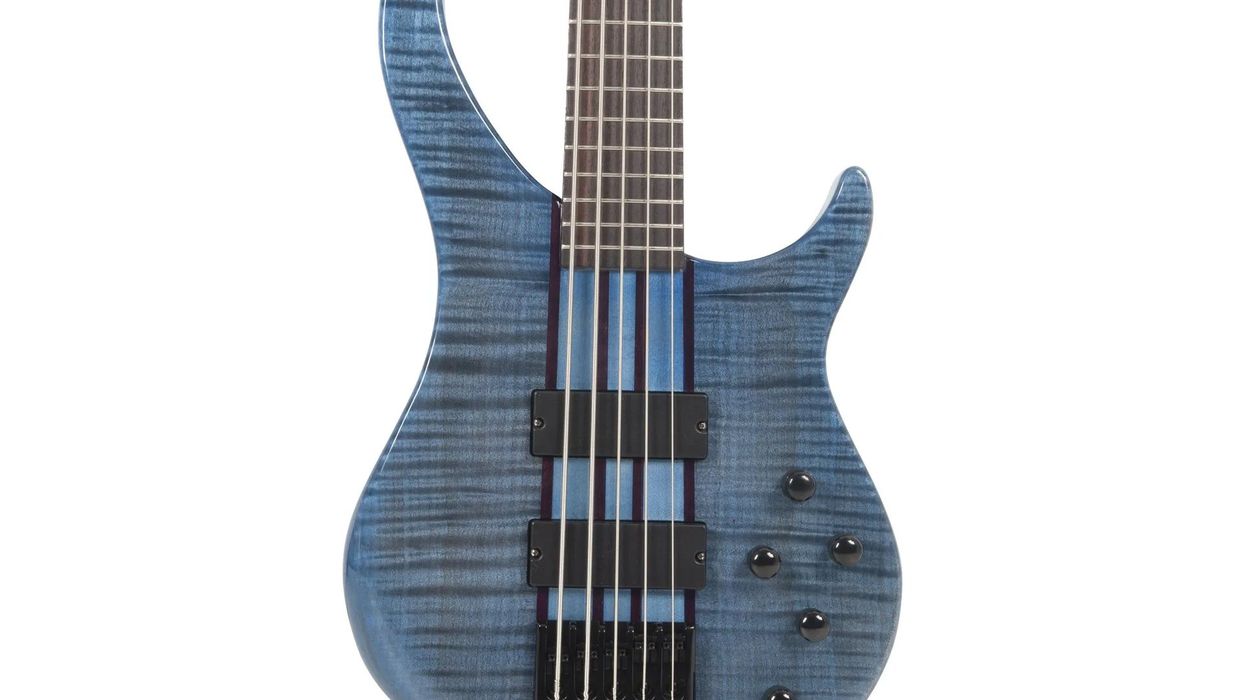
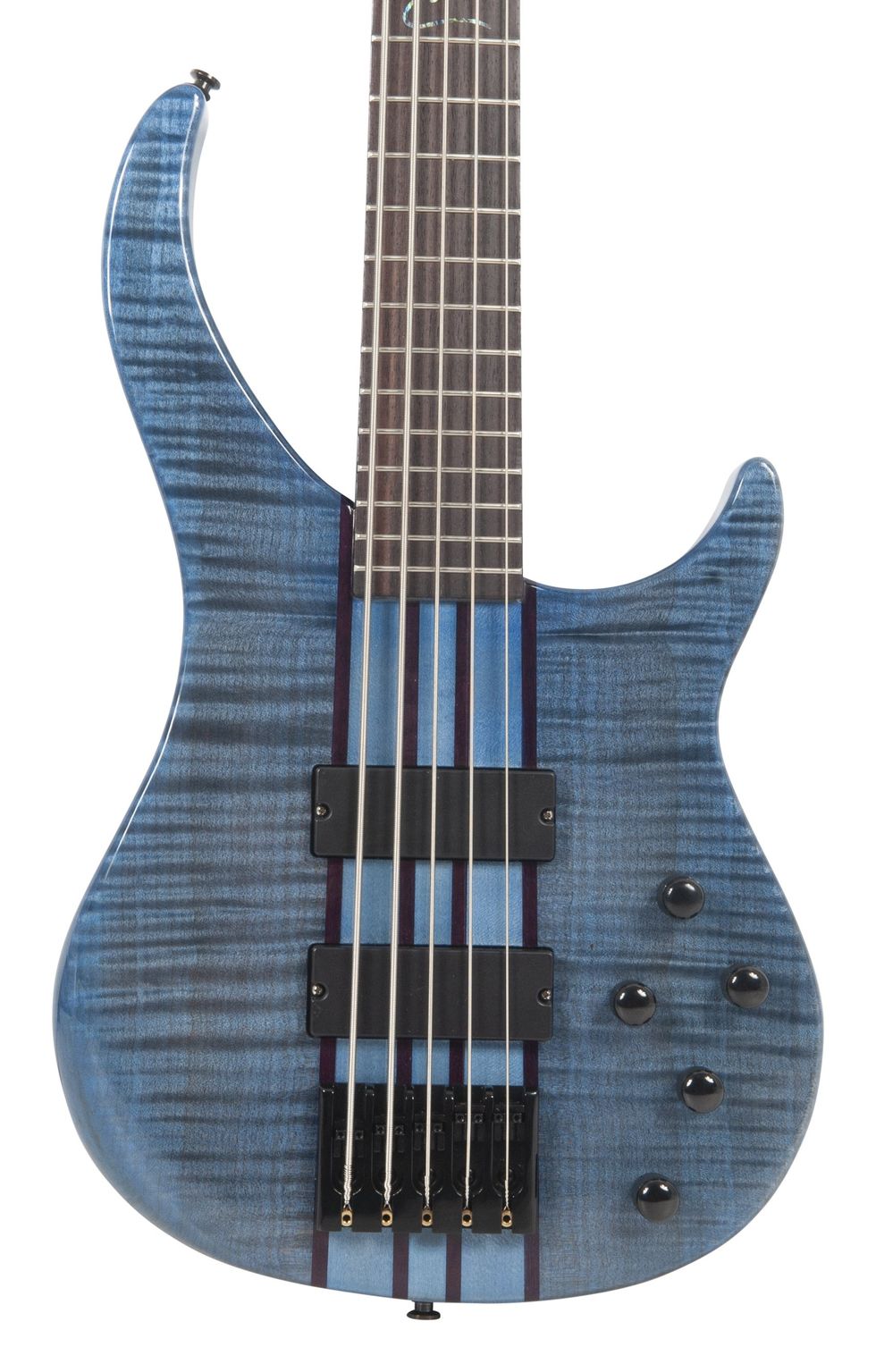 Peavey Debuts New Cirrus Bass Guitars Models
Peavey Debuts New Cirrus Bass Guitars Models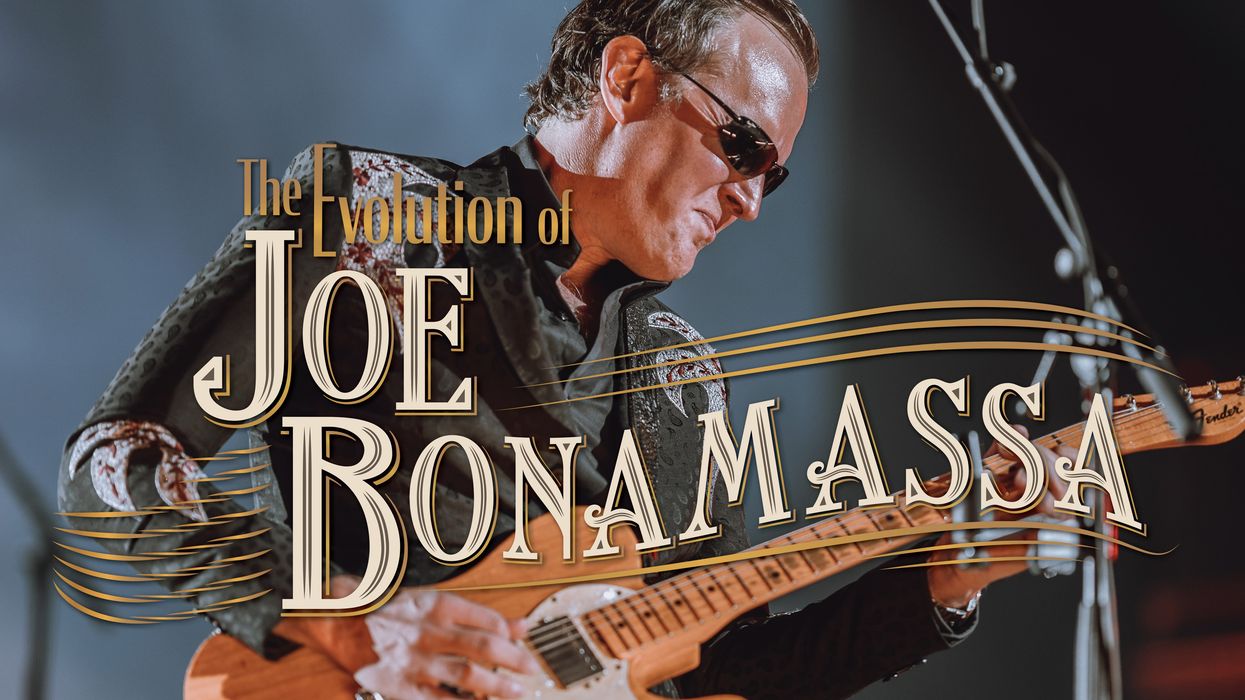


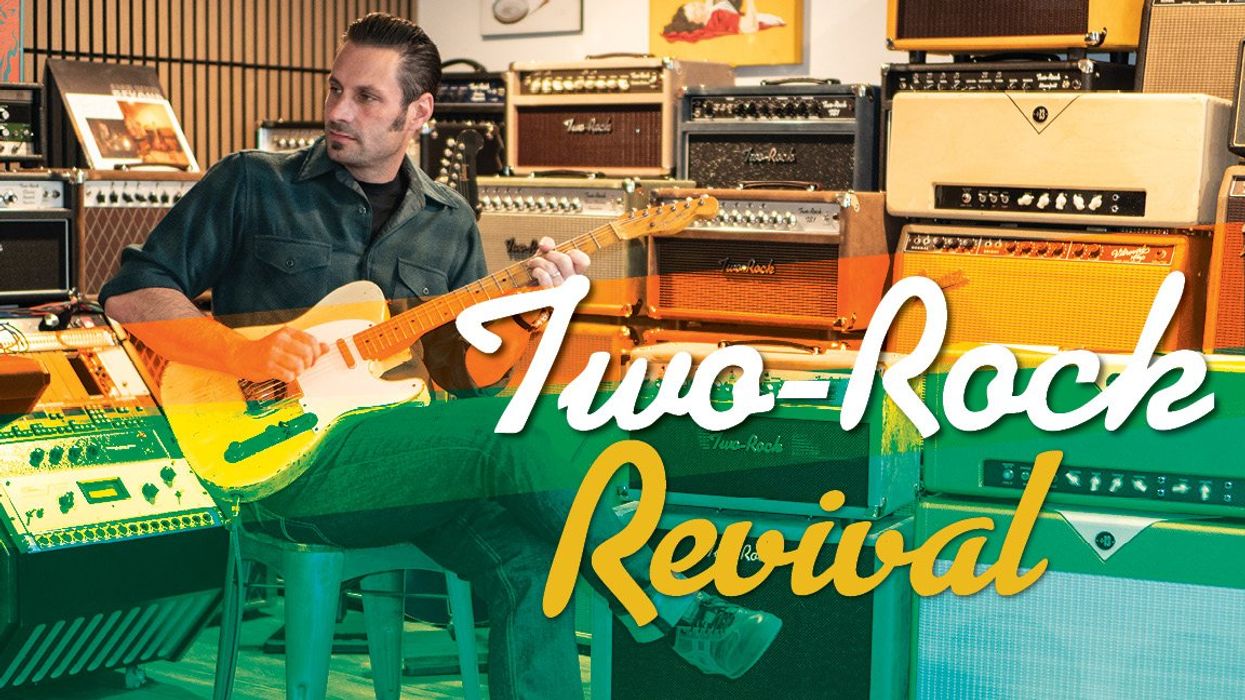
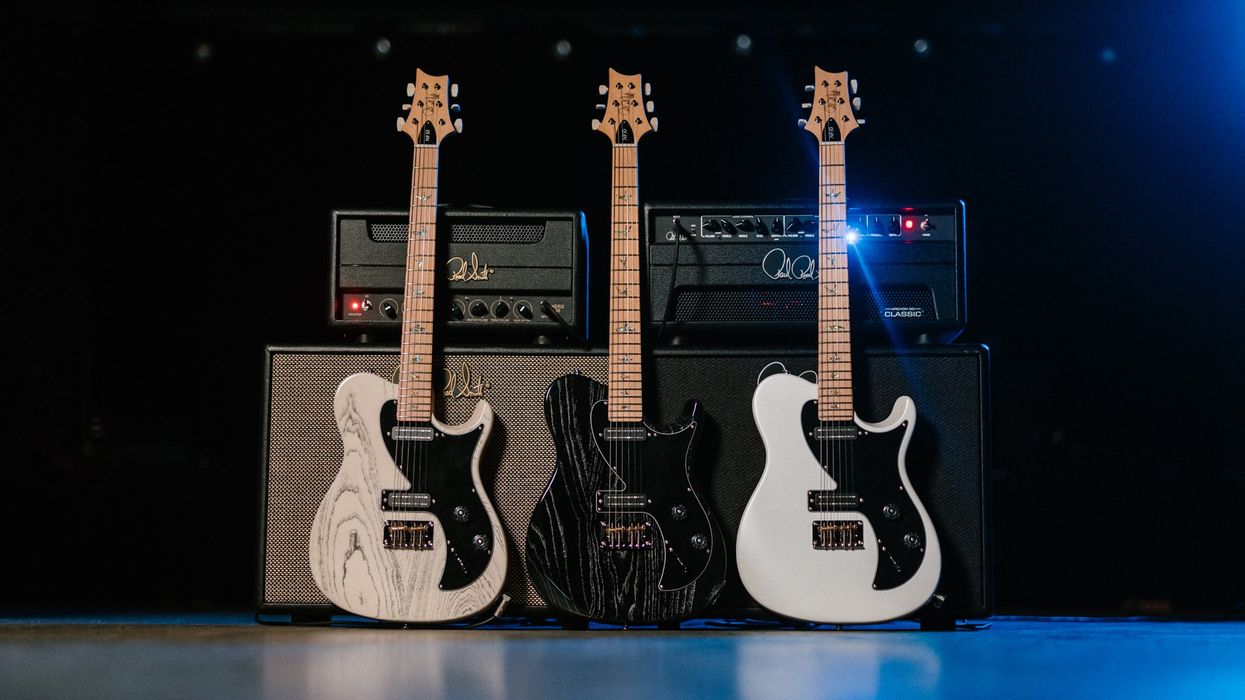
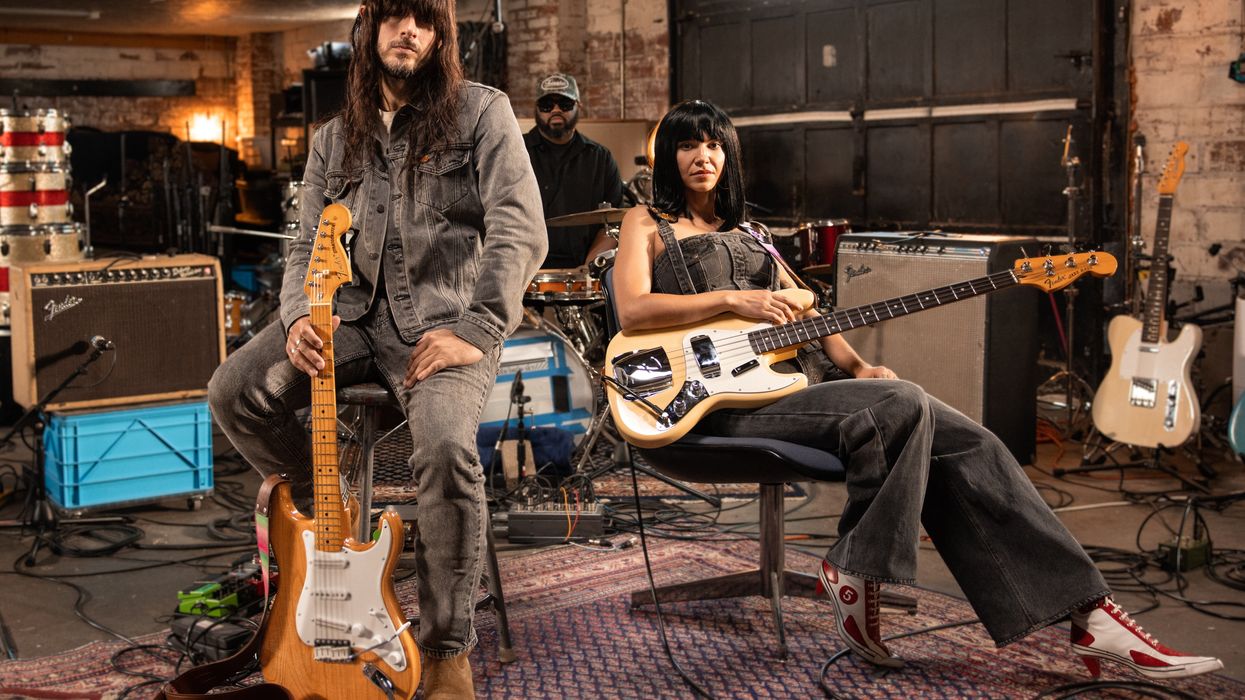


![Fontaines D.C. Rig Rundown [2025]](https://www.premierguitar.com/media-library/image.jpg?id=60290466&width=1245&height=700&quality=85&coordinates=0%2C0%2C0%2C0)
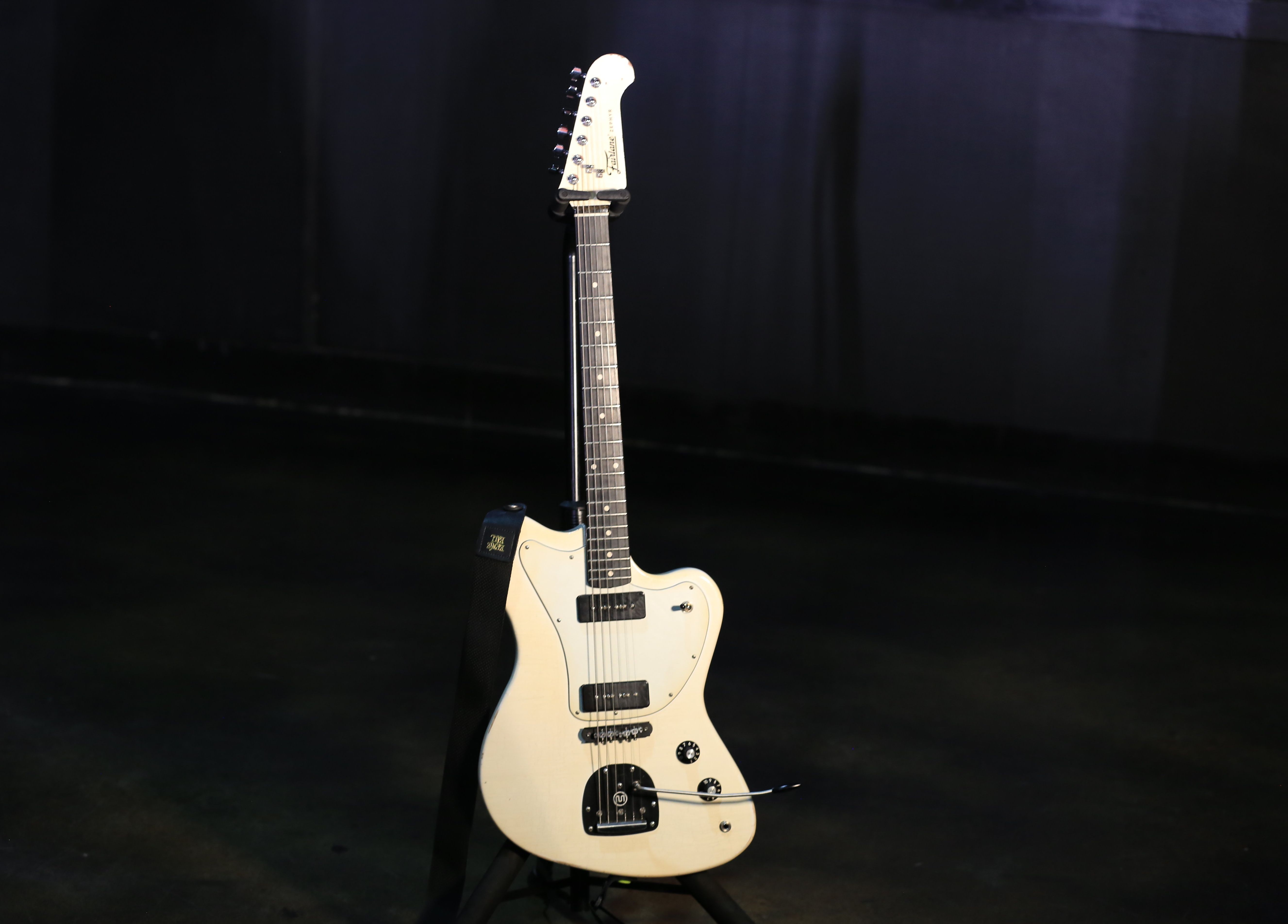
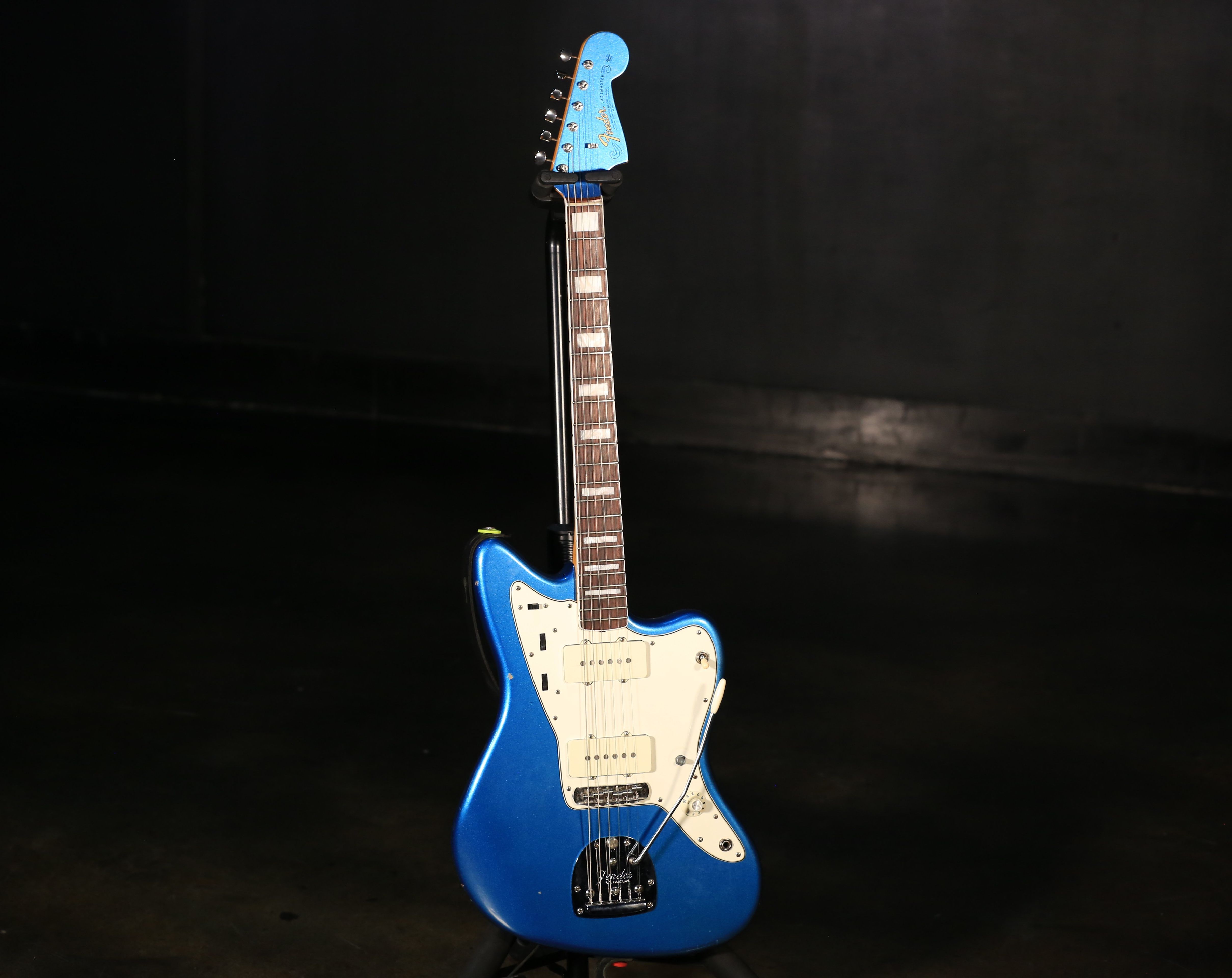
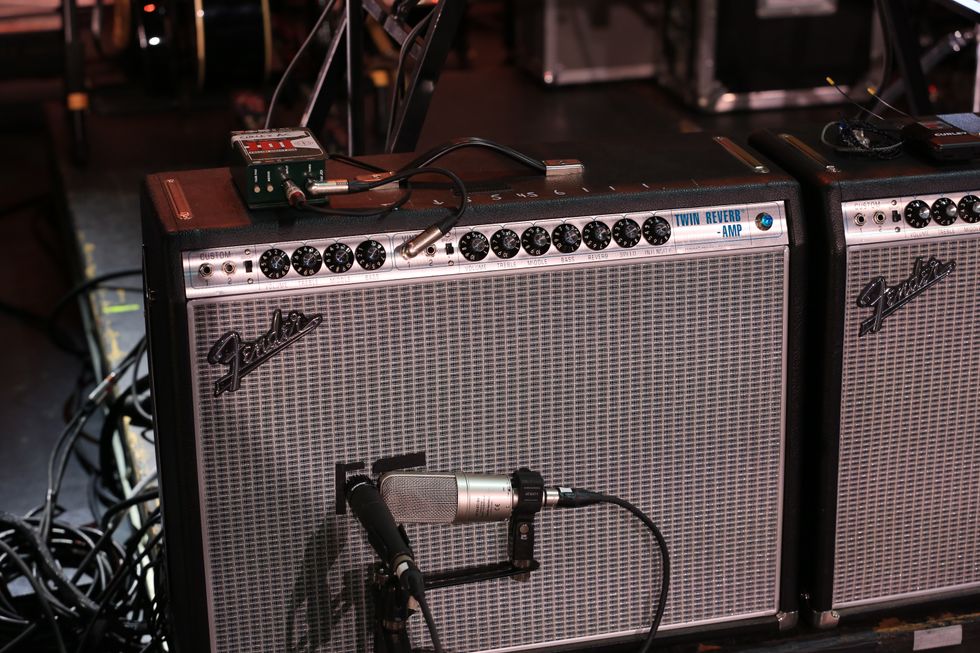
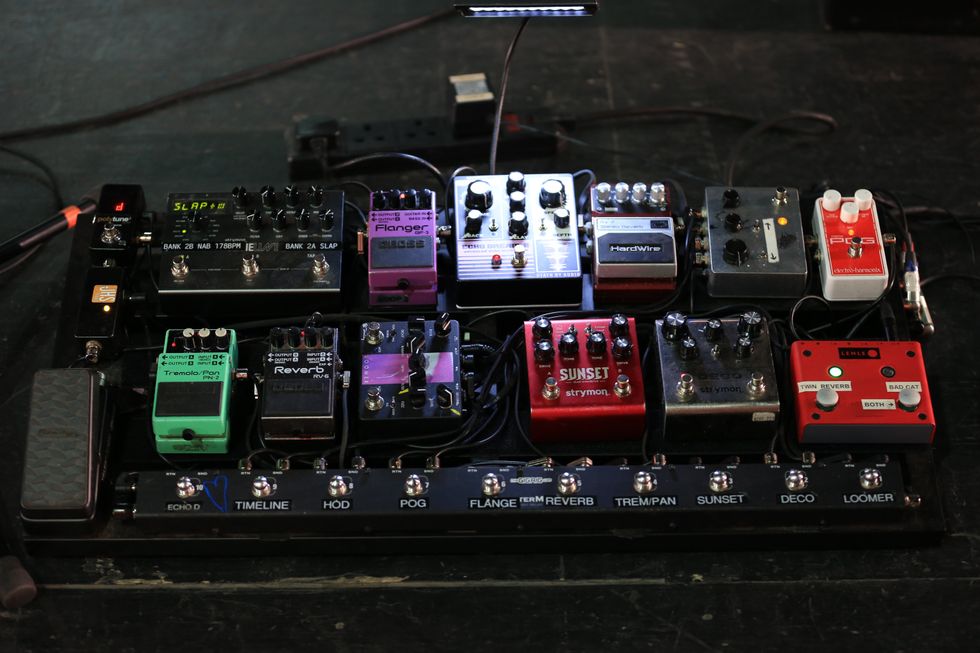
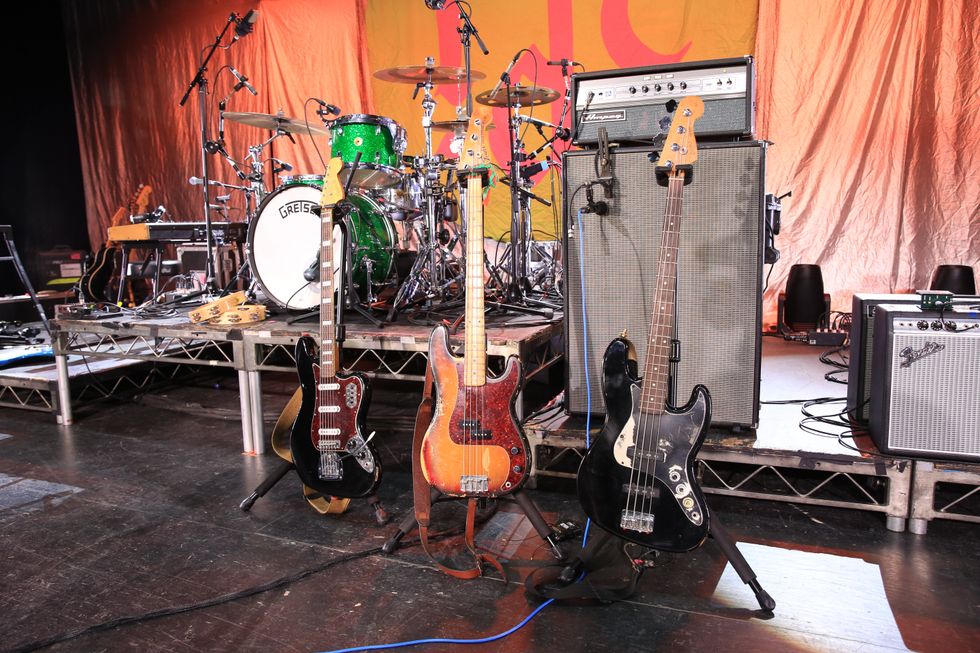
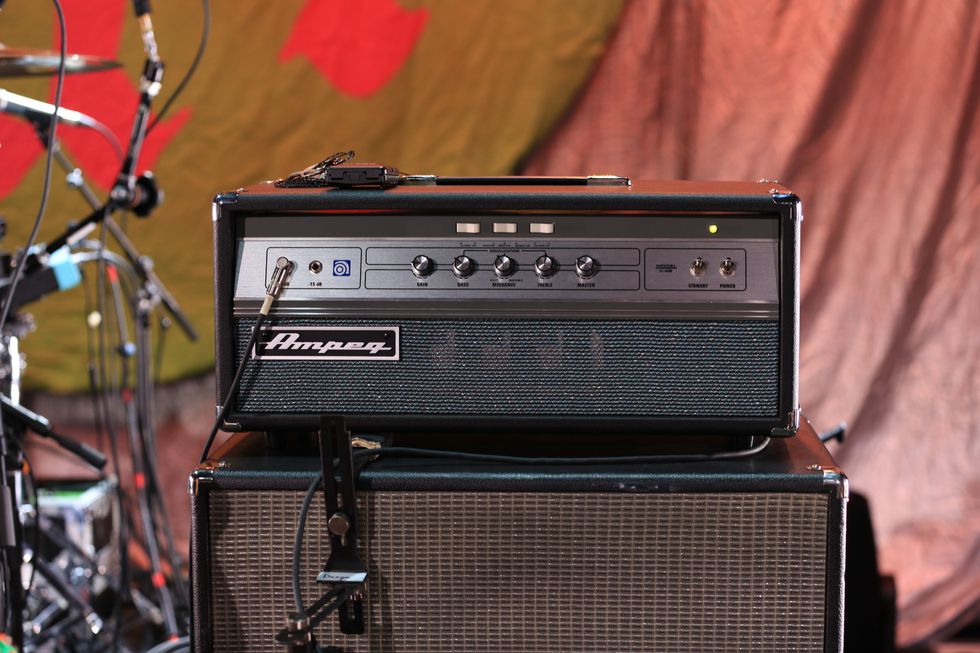
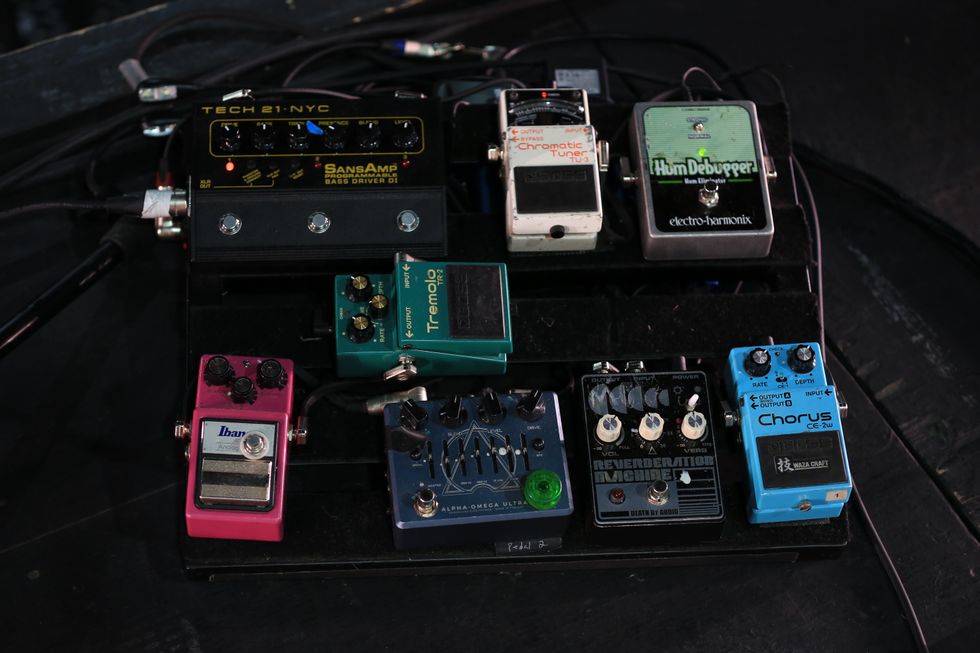
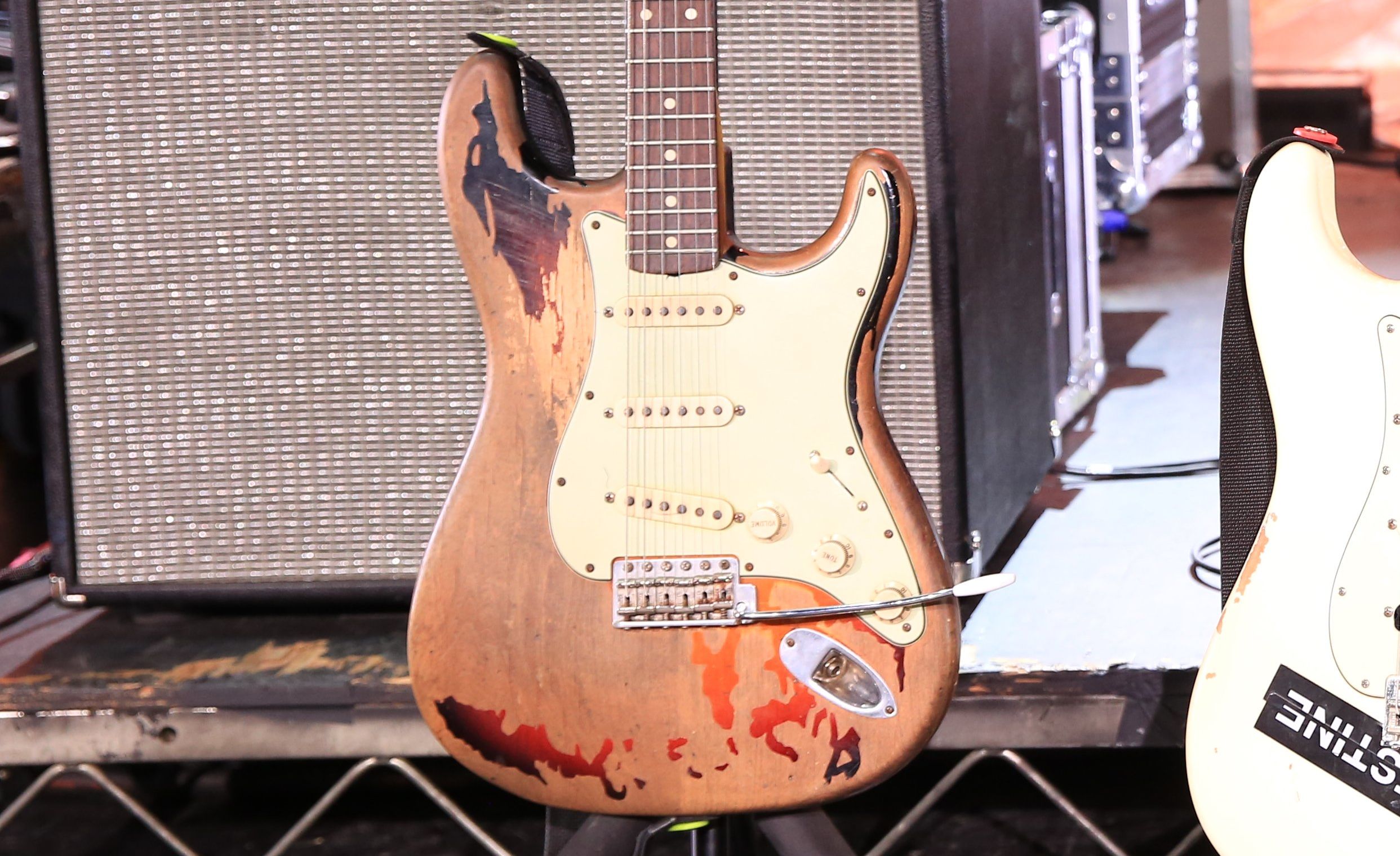
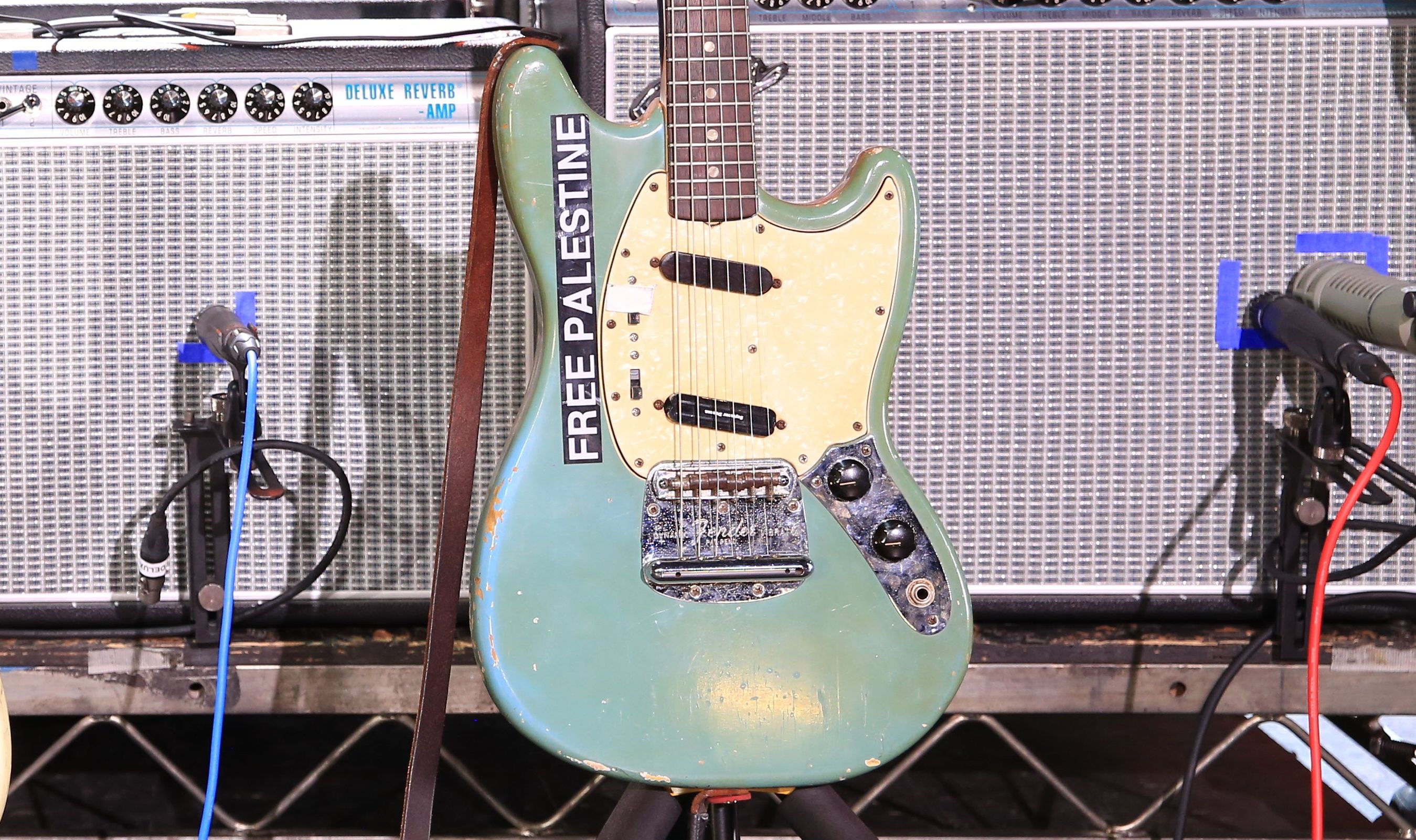 Mustang Muscle
Mustang Muscle